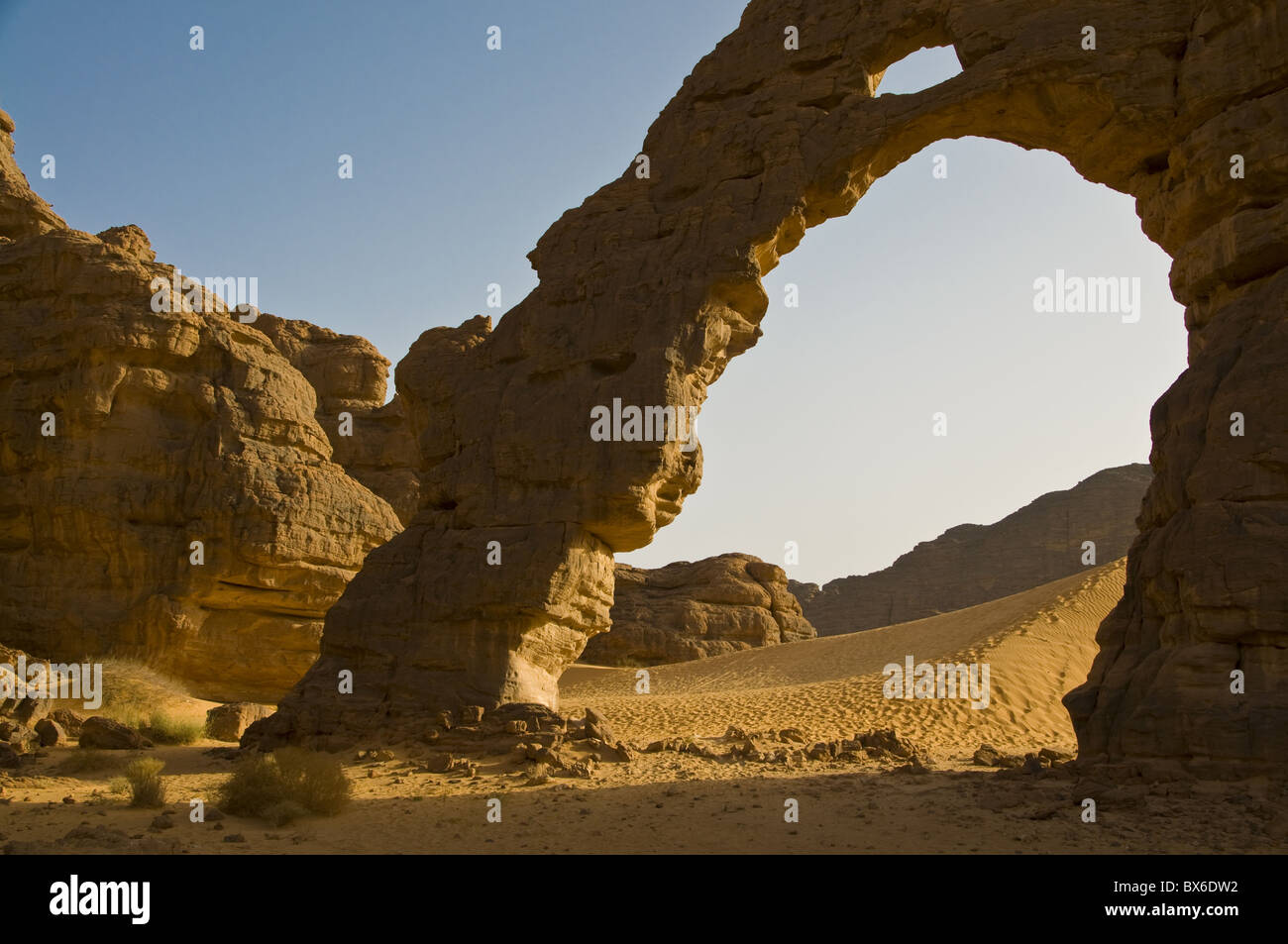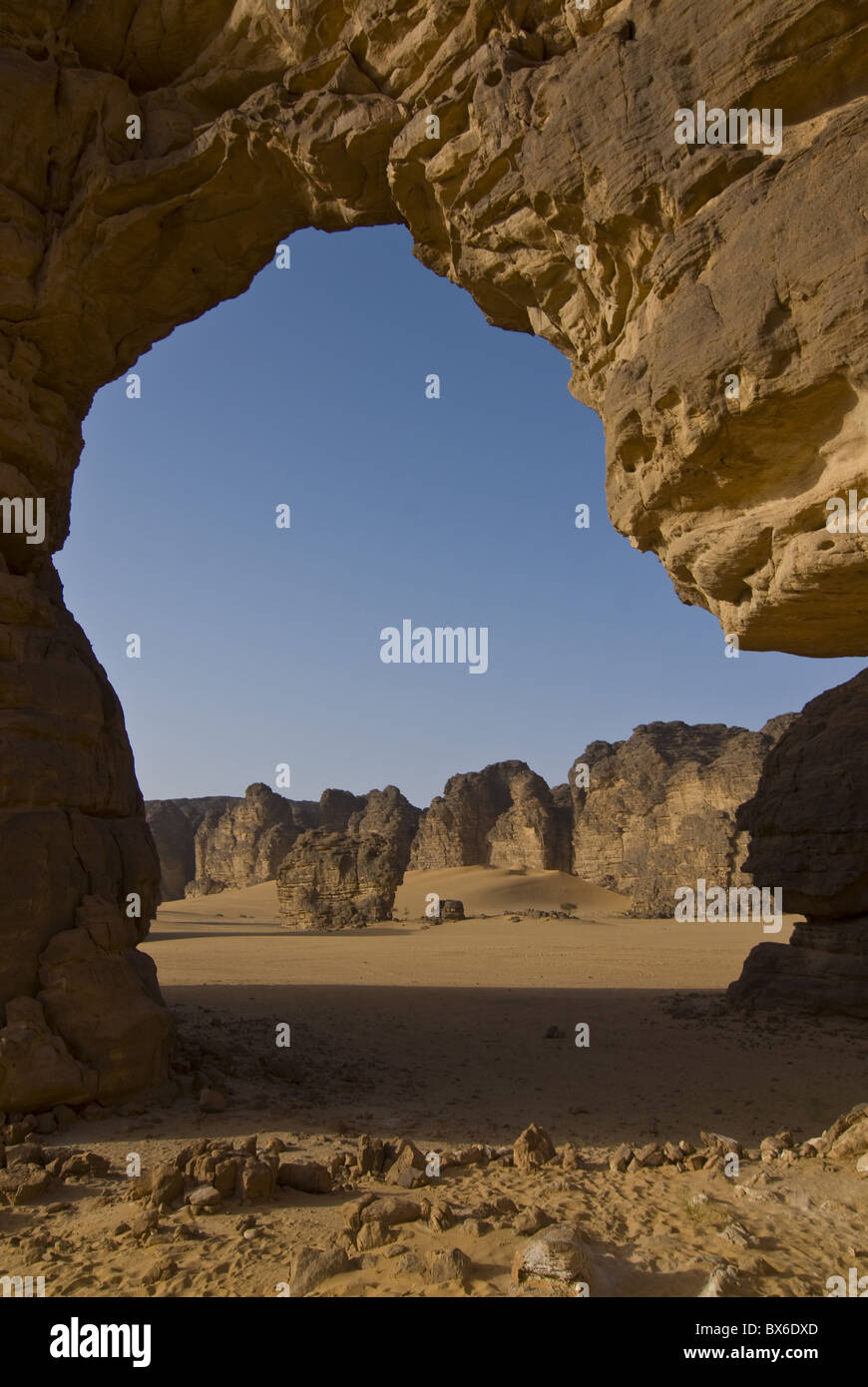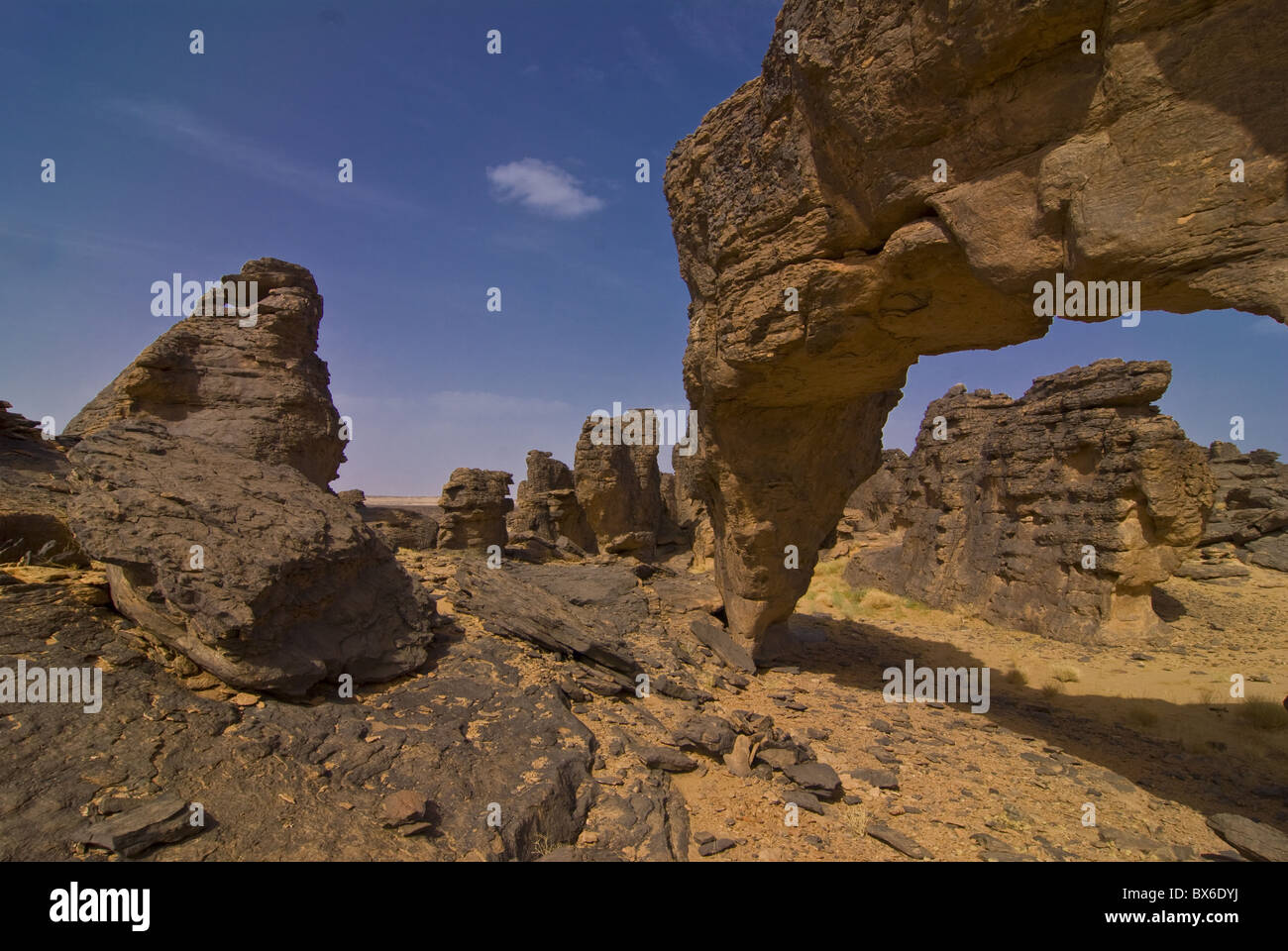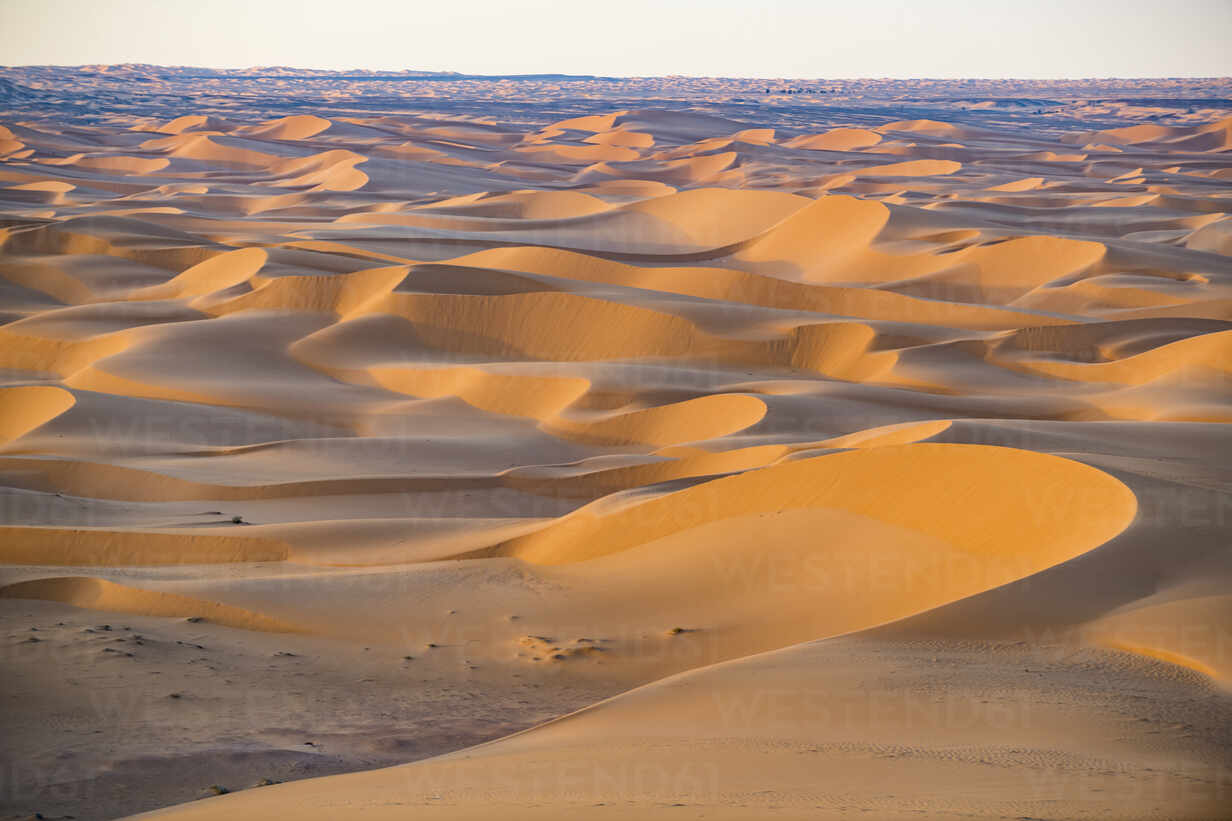Algeria: A North African Giant
Related Articles: Algeria: A North African Giant
Introduction
In this auspicious occasion, we are delighted to delve into the intriguing topic related to Algeria: A North African Giant. Let’s weave interesting information and offer fresh perspectives to the readers.
Table of Content
Algeria: A North African Giant

Algeria, the largest country in Africa by landmass, is a nation of stark contrasts. Its vast, arid landscapes, dominated by the Sahara Desert, give way to fertile coastal plains and dramatic mountain ranges. This geographic diversity has shaped its history, culture, and economy, making Algeria a fascinating and complex nation.
A Tapestry of Geography
Algeria’s geographical location, straddling the northern edge of Africa, has profoundly influenced its development. Situated on the Mediterranean Sea, it enjoys a coastline extending for over 1,200 kilometers. This coastal region, known as the Tell Atlas, is characterized by fertile plains and rolling hills, providing a vital agricultural hub. Further inland, the Saharan Atlas Mountains rise dramatically, creating a barrier between the Mediterranean coast and the vast expanse of the Sahara Desert.
The Sahara, covering over 80% of Algeria’s landmass, is a defining feature. While often perceived as a barren wasteland, the desert holds immense natural resources, including vast reserves of oil and natural gas. This resource wealth has played a significant role in shaping Algeria’s economy and international relations.
A Legacy of History
Algeria’s history is a rich tapestry woven from the threads of diverse civilizations. Ancient Phoenician settlements, Roman conquests, and Arab invasions have left their mark on the nation’s cultural landscape. The legacy of these historical encounters is evident in Algeria’s architectural heritage, including Roman ruins, mosques, and traditional Berber villages.
The country’s modern history is marked by the struggle for independence from French colonial rule. The Algerian War of Independence (1954-1962) was a brutal conflict that left a lasting impact on the nation’s psyche. The victory against French colonialism cemented Algeria’s place as a symbol of resistance and liberation in the global south.
A Diverse and Vibrant Culture
Algeria’s cultural identity is a complex blend of Arab, Berber, and European influences. The country’s diverse population, a mosaic of ethnicities and languages, has contributed to a rich cultural heritage. Traditional music and dance, vibrant handicrafts, and a thriving literary scene are testament to this diversity.
The Berber culture, deeply rooted in Algeria’s history, continues to exert a strong influence. Berber languages, including Tamazight, are widely spoken in the country, and their traditions remain vital in many communities. The Arab influence, brought by successive waves of migration, is equally prominent, shaping the country’s language, religion, and culinary traditions.
Economic Challenges and Opportunities
Algeria’s economy has been heavily reliant on hydrocarbon exports, particularly oil and natural gas. This resource wealth has contributed to significant economic growth, but it has also created vulnerabilities. Fluctuating global oil prices have exposed the economy to volatility, making diversification a pressing need.
The government is striving to develop non-hydrocarbon sectors, including agriculture, tourism, and manufacturing. The vast potential of the Sahara Desert, with its renewable energy resources and mineral wealth, is also being explored. However, challenges remain, including bureaucratic hurdles, limited infrastructure, and a lack of skilled labor.
Algeria’s Role in the Region and Beyond
Algeria’s strategic location, its vast resources, and its history as a leader in the struggle for decolonization have made it a significant player in regional and international affairs. The country plays an active role in the African Union and the Arab League, advocating for peace and stability in the region.
Algeria has also been a key mediator in various conflicts, including the Western Sahara dispute and the Libyan civil war. Its diplomatic efforts have earned it respect and influence within the international community.
FAQs
1. What is the capital of Algeria?
The capital of Algeria is Algiers, a bustling coastal city with a rich history and vibrant cultural scene.
2. What is the official language of Algeria?
The official language of Algeria is Arabic, but Berber languages, including Tamazight, are also widely spoken. French is also widely used in government, education, and business.
3. What is the main religion in Algeria?
The majority of Algerians are Muslim, with Islam being the official religion.
4. What are the main industries in Algeria?
Algeria’s economy is heavily reliant on hydrocarbon exports, particularly oil and natural gas. However, the government is working to diversify the economy by developing sectors such as agriculture, tourism, and manufacturing.
5. What are some popular tourist destinations in Algeria?
Algeria offers a diverse range of tourist attractions, including the ancient Roman ruins of Timgad, the beautiful coastal city of Oran, and the stunning Sahara Desert.
Tips
1. Respect local customs and traditions: Algeria is a conservative society, and it is important to dress modestly and avoid public displays of affection.
2. Learn a few basic Arabic phrases: Even a few words in Arabic can go a long way in showing respect and improving communication.
3. Be aware of the political situation: Algeria has experienced periods of political instability, so it is important to stay informed about current events and follow local advice.
4. Pack appropriately for the climate: Algeria has a wide range of climates, from hot and dry in the desert to mild and temperate on the coast. Pack accordingly.
5. Be prepared for long distances: Algeria is a vast country, and travel between cities can be time-consuming. Plan your itinerary accordingly.
Conclusion
Algeria, a nation of contrasts, is a land of ancient history, diverse cultures, and immense natural resources. Its strategic location, its vibrant cultural heritage, and its economic potential make it a nation with a promising future. As the country continues to navigate the challenges and opportunities of the 21st century, its unique identity and its role in the region and beyond will continue to shape its destiny.








Closure
Thus, we hope this article has provided valuable insights into Algeria: A North African Giant. We appreciate your attention to our article. See you in our next article!